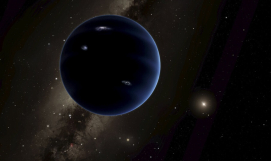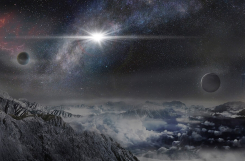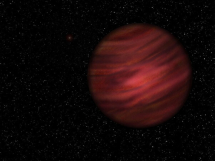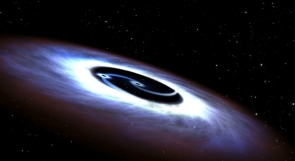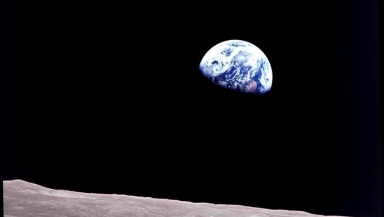
Space scientists have been trying for the past years to find another planet like Earth—one that can sustain life—and other intelligent life forms in the universe. However, all these efforts have yielded nothing.
A team of astronomers led by Erik Zackrisson from the Uppsala University in Sweden recently concluded that the Earth is indeed a one-of-a-kind planet, and that no other body in space can come close to its ability to support life.
Zackrisson's team reached this conclusion after analysing, using powerful computer simulation, roughly 700 quintillion terrestrial exoplanets that possibly exist in the immediate observable universe.
The researchers first used their computers to recreate a mini-version of the earliest galaxies. They then used known laws of physics that describe how galaxies grown, how stars evolve, and how planets are created. With these components already set up, they fast-forwarded through 13.8 billion years of cosmic history.
"It's kind of mind-boggling that we're actually at a point where we can begin to do this," co-author Andrew Benson from the Carnegie Observatories in California said in an article on The Scientific American.
He also recognised that their study methodology may have some limitations.
"It's certainly the case that there are a lot of uncertainties in a calculation like this. Our knowledge of all of these pieces is imperfect," he said.
The space scientists nevertheless observed that as they forwarded the time period, no single dot of blue emerged in their model of the universe, indicating that the Earth is truly a unique planet.
"Whenever you find something that sticks out..." Zackrisson also told The Scientific American, "...that means that either we are the result of a very improbable lottery draw or we don't understand how the lottery works."
Max Tegmark from the Massachusetts Institute of Technology, meanwhile, commented that this study supports the belief that the human race is the lone intelligent life form in the entire universe.
"If you have these civilisations that had a 3.5-billion-year head start on us, why haven't they colonised our galaxy?" Tegmark said. "To me, the most likely explanation is that if the planets are a dime a dozen, then highly intelligent life evolves only rarely."










